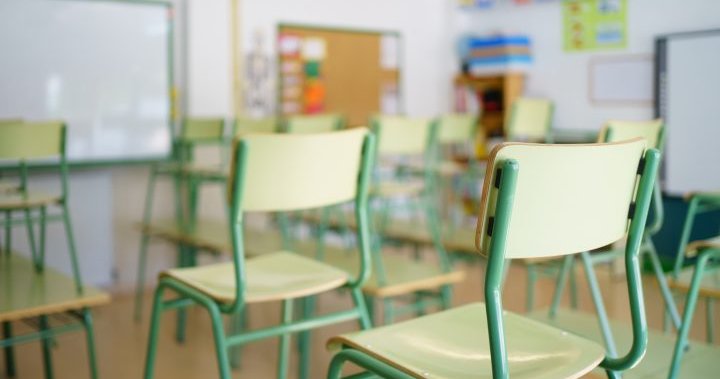
Saskatchewan human rights report highlights need for reading disability supports
Global News
A report from the Saskatchewan Human Rights Commission pointed to several issues in the education system for children facing reading disabilities.
The Saskatchewan Human Rights Commission is working to make sure “no child is left behind” after several families claim their children faced discrimination in schools due to disabilities like dyslexia.
A systemic investigation began when the commission received complaints from 29 families back in 2020.
Barry Wilcox, interim chief commissioner of the Saskatchewan Human Rights Commission said meaningful access to education is not a privilege, but a human right.
“Our goal is to collaborate with individuals and stakeholders to ensure that students with reading disabilities are provided fair and equitable access to education in Saskatchewan. This report is the first of many steps in that process,” Wilcox said.
The commission said it consulted with families, students, educators, medical professionals and community-based organizations.
“Reading plays a vital role in our children’s educational progress and has a lasting impact on their lives. This report, and the ensuing systemic initiative, provides an opportunity to make significant changes in our province that will help build a better, more equitable future in which no child is left behind.”
The report said learning disabilities can show in different ways, whether it be reading, writing language, oral language and math.
According to the The Yale Centre for Dyslexia and Creativity, dyslexia shows up in about 20 per cent of the population and makes up about 80-90 per cent of of all those with learning disabilities.











